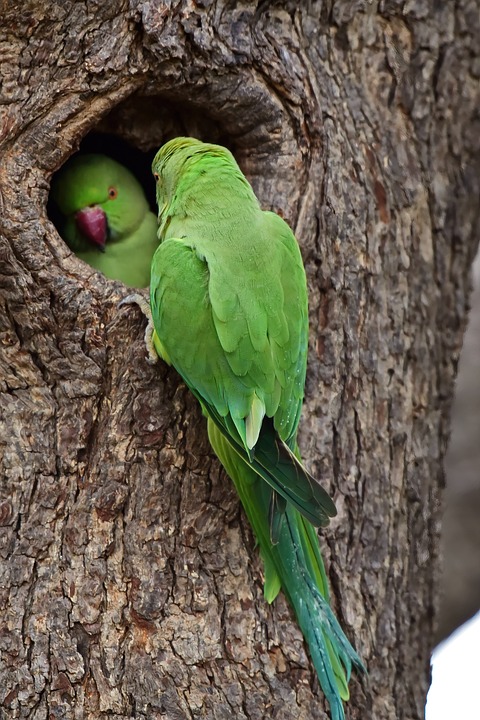Teaching your parrot to speak softly is an important aspect of being a responsible parrot owner. Excessive vocalization can be disruptive and may strain relationships with neighbors or family members. By following the training techniques outlined in this article, you can help your parrot develop appropriate vocalization habits and create a peaceful environment for everyone.
One effective training technique is positive reinforcement. When your parrot speaks softly, immediately reward them with treats, praise, or physical affection. This positive association encourages your parrot to continue speaking softly in the future.
Redirecting attention is another valuable technique. When your parrot starts vocalizing loudly, gently divert their attention to a different activity. Offer them toys, puzzles, or interactive games to keep them engaged and distracted from excessive vocalization.
A gradual volume reduction technique can also be helpful. Whenever your parrot vocalizes, lower your own voice to a whisper or speak softly. Parrots are natural mimics, and they will eventually adopt a softer vocalization style by imitating your behavior.
Establishing a designated quiet time during the day is another effective strategy. Engage in calm activities with your parrot during this period, avoiding loud noises or sudden movements. Consistently practicing quiet time will help your parrot associate this period with reduced vocalization.
To address common concerns, here are some frequently asked questions about teaching parrots to speak softly:
Q1: Can all parrot species be trained to speak softly?
A: Yes, all parrot species can learn to speak softly with proper training and consistency.
Q2: How long does it take to teach a parrot to speak softly?
A: The time required to teach a parrot to speak softly varies depending on the bird’s personality and previous vocalization habits. It may take a few weeks to several months of consistent training to achieve noticeable results.
Q3: Should I punish my parrot for loud vocalizations?
A: No, punishment is not recommended when training parrots. Positive reinforcement and redirecting attention are more effective and humane techniques.
Q4: Are there any medical conditions that can cause excessive vocalization in parrots?
A: Yes, certain medical conditions or discomfort may trigger excessive vocalization in parrots. If you notice a sudden increase in vocalization or a change in your parrot’s behavior, it is advisable to consult a veterinarian to rule out any underlying health issues.
Q5: Can I use vocalization control devices or collars to teach my parrot to speak softly?
A: It is not recommended to use vocalization control devices or collars as they may cause distress and harm to your parrot. Stick to positive reinforcement techniques and consistent training for best results.
Remember, training your parrot to speak softly requires patience, consistency, and positive reinforcement. By implementing these techniques and understanding your parrot’s unique needs, you can create a harmonious and enjoyable environment for both you and your feathered companion.









